
Texas library can keep sexually explicit material from minors... for now
Sheena Rodriguez
·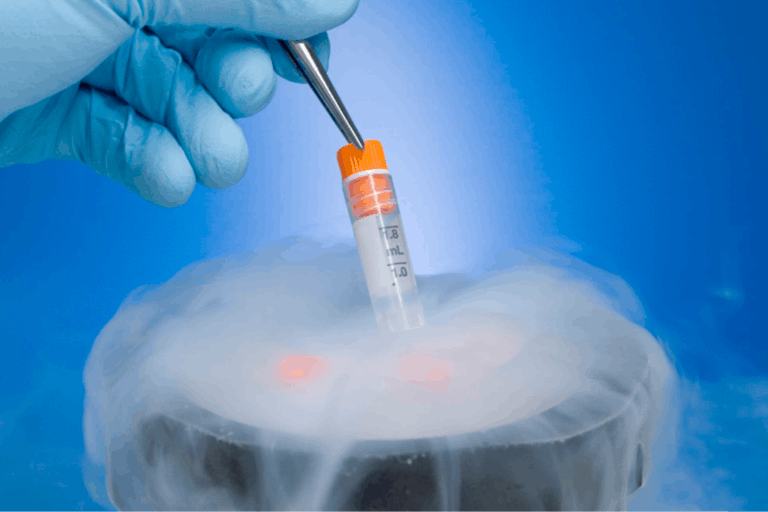
Hong Kong may throw out storage limits on embryos, sperm, and eggs
Hong Kong is proposing to do away with its decade-long storage limit on embryos created using IVF (in vitro fertilization), depicted as a “solution” for the territory’s demographic woes.
Hong Kong's government has proposed the removal of a decade-long limit on storing sperm, eggs, and human beings in their embryonic stage of development in the hopes of raising birth rates.
There would therefore be no limit as to how long human beings or gametes could remain frozen and stored.
Without addressing other societal factors pushing many to delay childbearing and then experiencing infertility as a result, this move is unlikely to change the birth rate — but it further commodifies human beings, treating them as products instead of people.
In July 2025, the Hong Kong Free Press (HKFP) reported the Hong Kong government was poised to ditch a rule restricting the storage duration for frozen eggs, sperm, and embryos to 10 years (starting in December 2025) in the wake of the city’s falling birth rates:
Legislative amendments will remove the storage duration limit for frozen gametes – eggs and sperm – and embryos “to enable members of the public to make their own decisions on the storage duration of their gametes or embryos depending on their health and other conditions, with a view to better realising reproductive autonomy,” the government said in a statement on Friday.
IVF.net explains:
By eliminating the arbitrary 10-year time limit, the government hopes to reduce unnecessary pressure on individuals who freeze their reproductive materials, whether for medical or social reasons.
This would align Hong Kong more closely with international practices, where extended or unlimited storage periods are increasingly common.
Under the current law, gametes and embryos must be discarded after a decade unless exceptional medical reasons are approved by the Council on Human Reproductive Technology.
The proposed changes would remove this restriction, allowing individuals to store their reproductive materials for as long as they wish, provided they continue to meet regulatory requirements.
Notably, these proposed amendments are in light of abysmal demographic futures, as Hong Kong’s birth rates have fallen to historic lows despite major government interventions, including handing out direct cash grants for newborns.
As reported by The Star:
The number of registered births in the first seven months of this year fell by 8 per cent to 18,908, compared with 20,523 in the same period in 2024, according to the Hong Kong Monthly Digest of Statistics released by the government.
The latest figure is similar to those for the same seven-month period in 2022 and 2023, when annual births of 32,500 and 33,200, respectively, marked the lowest and second-lowest in Hong Kong since data became available in 1961.
From a pro-life viewpoint, the Hong Kong government’s encouragement of fertility treatments like IVF inadvertently perpetuates the commodification of embryonic human life and unearths an insidious mindset that regards children as “products.”
Removing restrictions on the storage limit for embryos resulting from IVF does not tackle the fundamental causes of demographic decline in the Asian city.
According to the declared intent of the Hong Kong authorities, removing storage limits on IVF embryos is meant to facilitate childbearing and make it more appealing and flexible, especially in a time when many women postpone giving birth.
Article continues below
Dear Reader,
Have you ever wanted to share the miracle of human development with little ones? Live Action is proud to present the "Baby Olivia" board book, which presents the content of Live Action's "Baby Olivia" fetal development video in a fun, new format. It's perfect for helping little minds understand the complex and beautiful process of human development in the womb.
Receive our brand new Baby Olivia board book when you give a one-time gift of $30 or more (or begin a new monthly gift of $15 or more).
However, government cash incentives to motivate couples to procreate as well as support for fertility treatments do not adequately solve the root causes of Hong Kong’s demographic winter in an age when natural fertility is increasingly postponed for various underlying reasons, including:
socio-economic instability
career aspirations
cultural cynicism towards parenthood and childbirth.
The government’s lifting of storage restrictions on IVF embryos is likely not enough to convince Hong Kongers, priced out of their tiny homes, to abruptly welcome the prospect of parenthood and child-rearing.
Strikingly, the Hong Kong government’s proposed amendments to embryo storage length must also be analyzed in light of the broader global trend of commodifying reproductive potential as an asset to be monetized. According to a 2022 editorial published by the NIH:
Many Asian countries such as Thailand, Hong Kong, and India are major hotspots for fertility tourism. These countries offer services at much lower cost in comparison to developed countries. Regulations pertaining to infertility treatments are also less stringent in these countries.
This commercialization of Hong Kong’s IVF industry has led to relentless promotion of egg freezing and embryo storage packages.
Such actions put the fate of human embryos in jeopardy and divert resources toward those who can afford to pay for costly fertility treatments instead of taking proactive steps (like making childcare and housing more affordable) to support natural family formation.
Though the Hong Kong government’s amendments claim to guarantee flexibility in childbirth and parenthood, they do so by regarding not-yet-implanted human beings as commodities to be used at people’s whims, instead of sufficiently dealing with the rudimentary reasons for family decline.
A true rejuvenation of Hong Kong’s families, and society in general, will not come by technocratic manipulations but from genuine socio-cultural renewal that treats each human life as a gift to be cherished.
Live Action News is pro-life news and commentary from a pro-life perspective.
Contact editor@liveaction.org for questions, corrections, or if you are seeking permission to reprint any Live Action News content.
Guest Articles: To submit a guest article to Live Action News, email editor@liveaction.org with an attached Word document of 800-1000 words. Please also attach any photos relevant to your submission if applicable. If your submission is accepted for publication, you will be notified within three weeks. Guest articles are not compensated (see our Open License Agreement). Thank you for your interest in Live Action News!

Sheena Rodriguez
·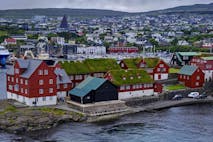
International
Angeline Tan
·
International
Cassy Cooke
·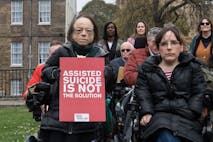
International
Cassy Cooke
·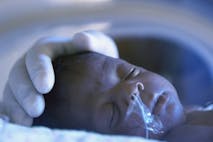
International
Bridget Sielicki
·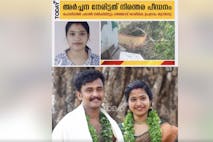
International
Angeline Tan
·
International
Angeline Tan
·
International
Angeline Tan
·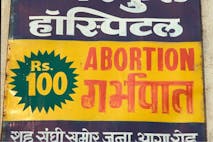
International
Angeline Tan
·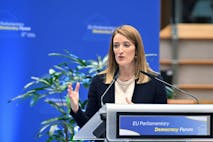
International
Angeline Tan
·
International
Angeline Tan
·